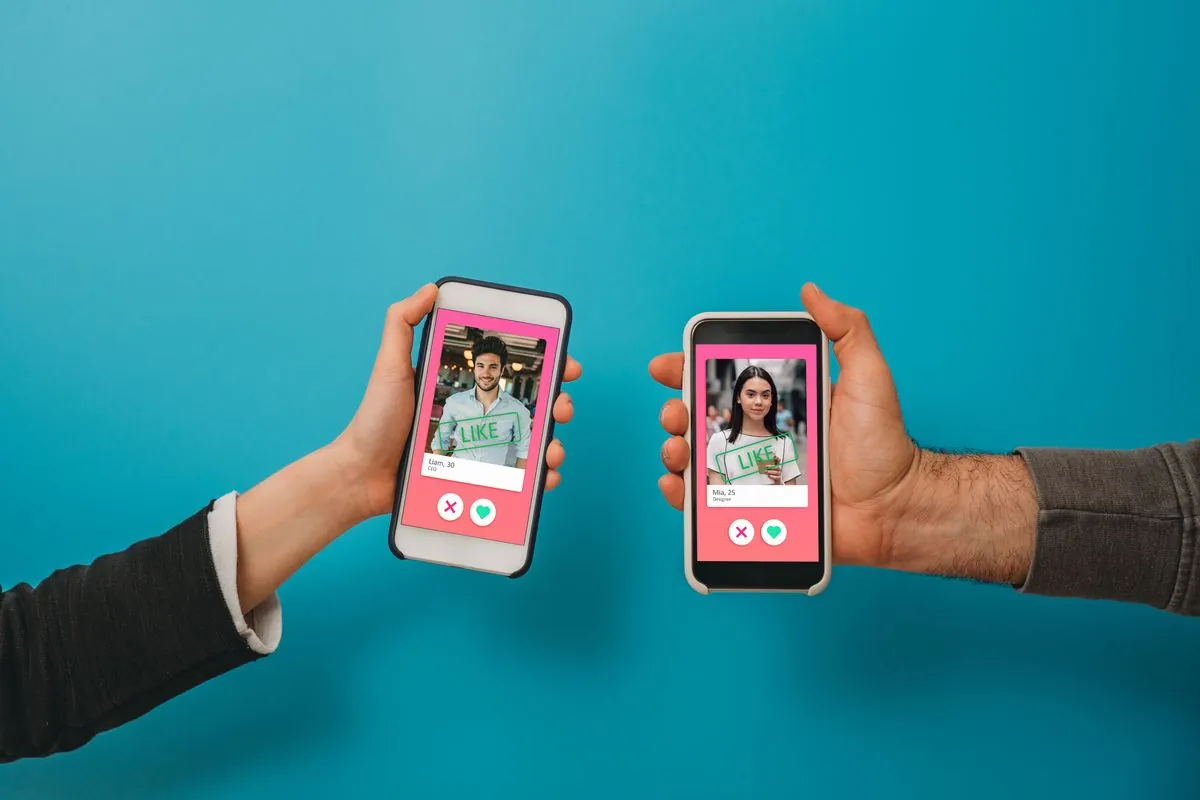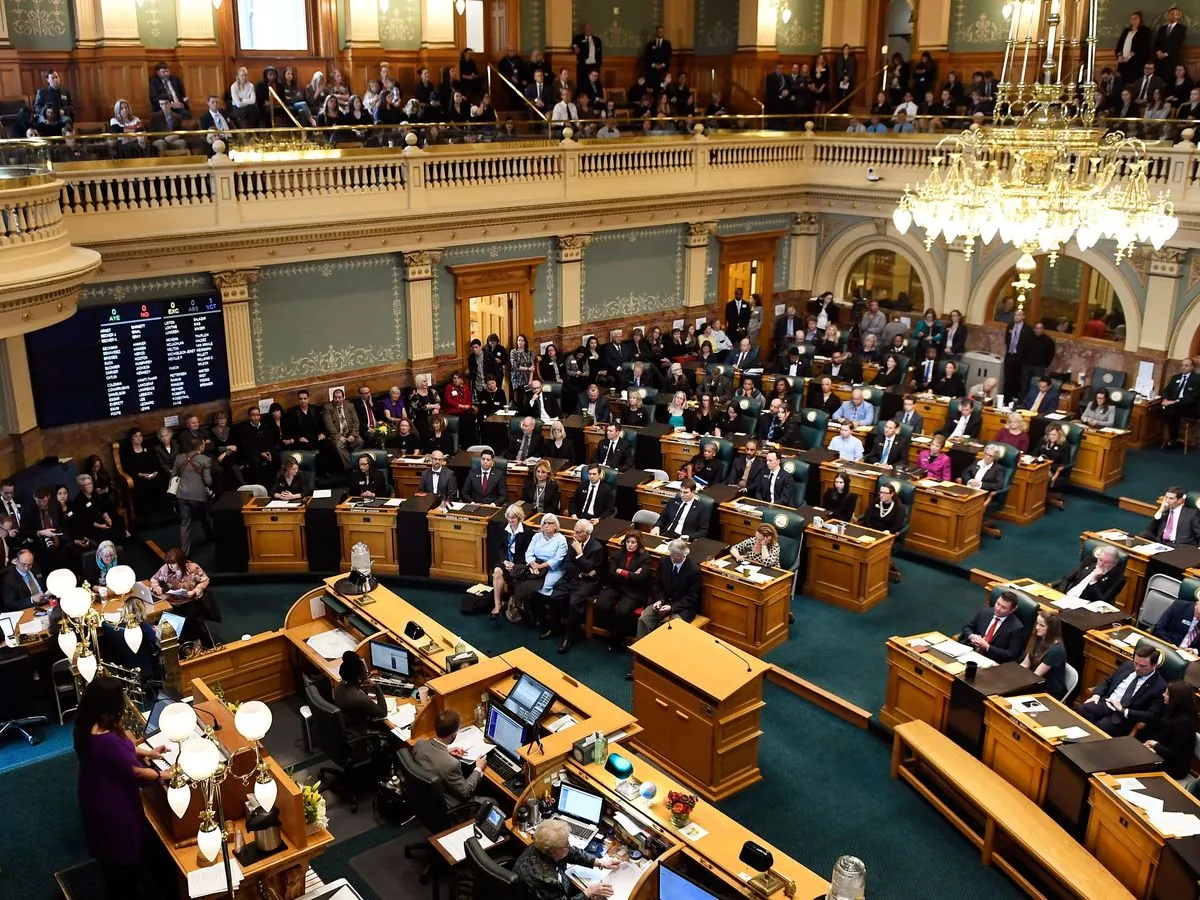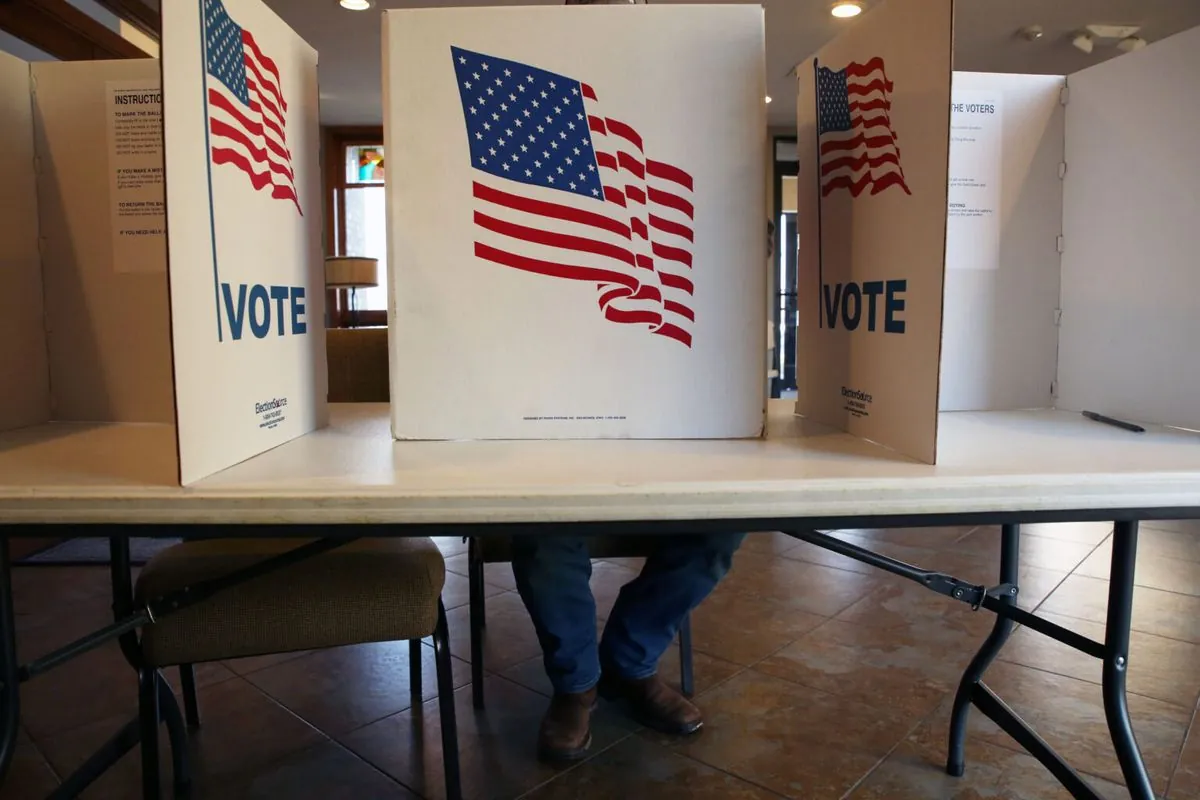Black Women Challenge Dating App Algorithms for Racial Bias
Black women report receiving lower-quality matches on Hinge, sparking a debate about algorithmic bias in dating apps. Users experiment with changing racial data, revealing potential disparities in match quality.

In the realm of online dating, a concerning trend has emerged, prompting Black women to question the fairness of dating app algorithms. This issue has gained significant attention, particularly on the popular app Hinge, owned by Match Group since 2018.
Judi Julmisse, a Miami resident, experienced frustration with the quality of matches she received on Hinge. Her concerns were echoed by Odion Eigbobo from Arlington, Texas, who conducted a TikTok experiment to investigate potential racial bias in the app's algorithm. Eigbobo created two profiles, one identifying as Black and another as White, using the same photo. The results were striking: the White profile received higher-quality potential dates.
This experiment resonated with many Black women who shared similar experiences in the comments section. Some users reported conducting their own tests, changing their racial data and noticing an improvement in match quality.
Hinge's matching system allows users to filter potential matches based on various criteria, including ethnicity. The company states that this feature aims to help users find others with similar values and experiences. However, critics argue that this approach may inadvertently reinforce biases.

Apryl Williams, an assistant professor at the University of Michigan, suggests that dating app algorithms may operate on the assumption that "like attracts like," potentially siloing users of color. This effect could be particularly detrimental to Black women, who have historically faced stereotypes and biases in the dating market.
The issue of algorithmic bias extends beyond dating apps. Recent investigations have revealed biases in AI image generators, facial recognition systems, and large language models. For instance, Stable Diffusion XL demonstrated a preference for young, thin, light-skinned women in generating images of attractive people.
While many users support the claims of bias, others dismiss them based on their own positive experiences. Some argue that the issue stems from individual user preferences rather than algorithmic bias. However, Eigbobo and others maintain that the increased number of likes on non-Black profiles cannot be explained by preference alone.
The debate surrounding racial bias in dating apps is part of a larger conversation about the ethics and fairness of AI systems. As online dating continues to grow in popularity, with about 30% of U.S. adults reporting use of dating apps or sites as of 2023, addressing these concerns becomes increasingly important.
"I'm not actively looking and it's frustrating. I can only imagine what it's like [for others]."
The ongoing discussion highlights the need for transparency in algorithmic decision-making and the importance of addressing potential biases in technology. As the dating app market, valued at over $7 billion globally in 2023, continues to expand, ensuring fair and equitable experiences for all users remains a critical challenge for developers and researchers alike.


































